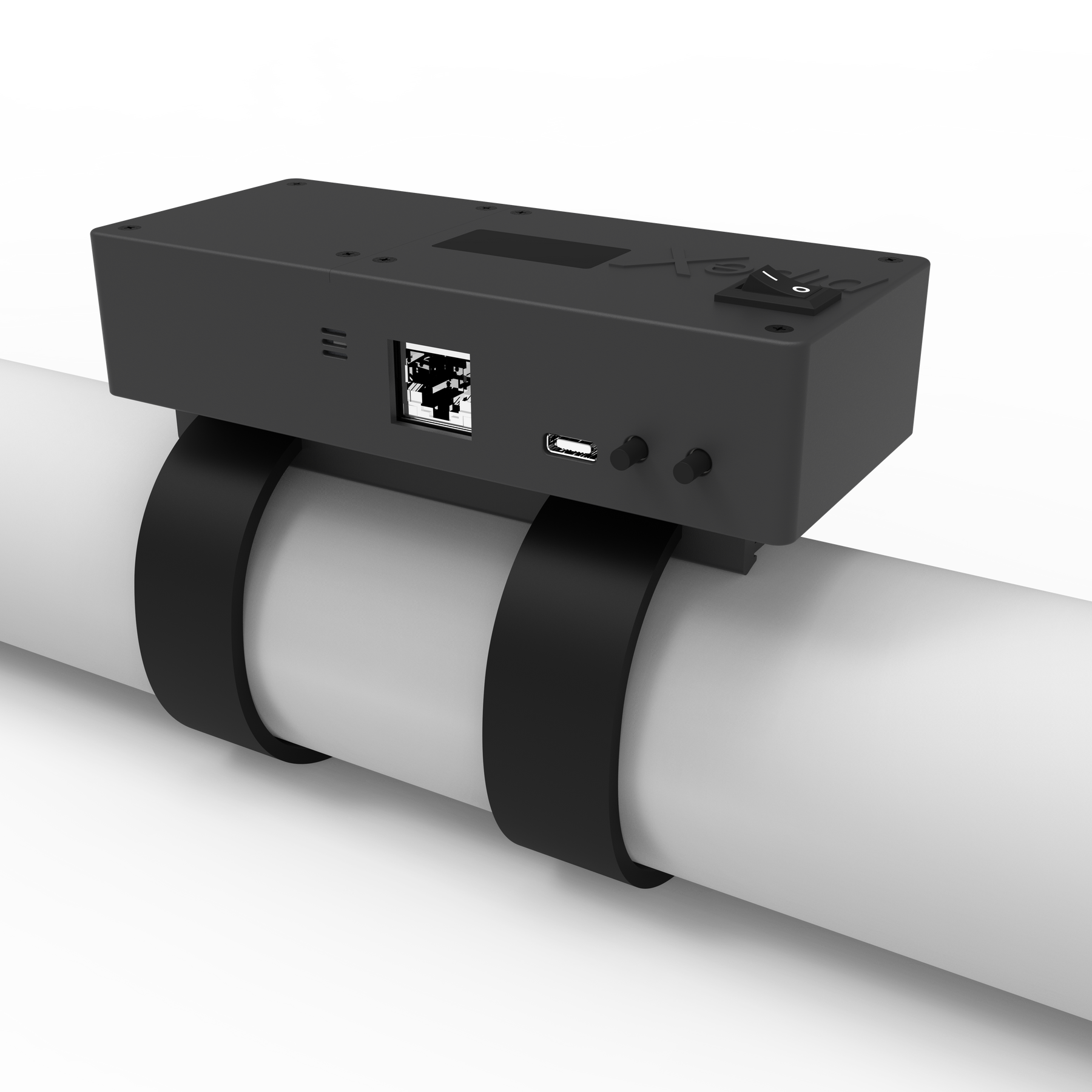Experiencing a slow-flushing toilet can be quite frustrating for homeowners. This guide will dive into the common causes and solutions for this issue.

Introduction
Your toilet is a vital component of your home’s plumbing system. It’s supposed to flush away waste quickly and efficiently. But when it takes too long to flush, it could be a sign of underlying problems that need attention.

Common Causes of Slow-Flushing Toilets
Clogged Drain Pipes
One of the most common reasons why toilets take so long to flush is clogged drain pipes. These clogs can be caused by the buildup of various materials such as toilet paper, hair, and other debris.
Low Water Levels
Water levels in the tank and bowl play a crucial role in creating a powerful flush. Insufficient water levels can hinder the flushing process.
Defective Flapper Valve
A defective flapper valve can prevent water from being released into the bowl properly, resulting in a slow flush.
Blocked Inlet Holes
The inlet holes located under the rim of your toilet bowl can get clogged with mineral deposits over time, leading to slower water flow into the bowl.

How to Diagnose the Problem
Visual Inspection
Start by doing a visual inspection of your toilet components. Look for obvious signs of wear or any visible clogs in the drain pipe.
Testing Water Levels
Check the water levels in both the tank and the bowl. Make sure they are up to the manufacturer’s recommended levels.
Assess Flapper Valve
Examine the flapper valve to ensure it is sealing properly and isn’t worn out or broken.
Checking Inlet Holes
Use a mirror to inspect the rim inlet holes for any blockages caused by mineral deposits.
Solutions for a Slow-Flushing Toilet
Clearing Clogged Drains
Use a toilet auger or a plunger to clear out any blockages in the drain pipe. For severe clogs, you may need to hire a professional plumber.
Adjusting Water Levels
Adjust the float in the toilet tank to ensure the water level is neither too low nor too high, adhering to the manufacturer’s specifications.
Replacing the Flapper Valve
If the flapper valve is defective, replace it with a new one. These are generally inexpensive and can be found at any hardware store.
Cleaning Inlet Holes
Use a wire hanger or a specialized tool to clean out any mineral deposits blocking the inlet holes under the rim of the bowl.
Preventive Maintenance Tips
Regular Cleaning
Regularly clean your toilet and its components to prevent build-up and ensure efficient operation.
Water Softening
Consider using a water softener if you live in an area with hard water to reduce mineral deposits in your plumbing system.
Frequent Inspections
Conduct regular inspections of your toilet and its parts to catch any potential issues before they become major problems.
When to Call a Professional
If you’ve tried all the above methods and your toilet still takes too long to flush, it may be time to call a professional plumber. They can provide a thorough inspection and identify any hidden issues that require professional attention.
Conclusion
A slow-flushing toilet can be more than just an inconvenience; it can be a sign of underlying plumbing issues. By understanding the common causes and solutions, homeowners can take proactive steps to resolve these issues and maintain a well-functioning toilet system.
Internal links
For more information on sustainable practices, check out green construction. Learn about recycled materials. Also, explore low-impact development techniques.
Relevant External Link
For more tips on toileting, visit toilet tips
FAQ
Why does my toilet gurgle?
Gurgling sounds are often a sign of a blocked vent pipe or a clog in the drain line. It’s best to consult a professional for a thorough inspection.
Can I use chemical drain cleaners?
While chemical drain cleaners can provide a quick fix, they can also damage your pipes in the long run. It’s safer to use physical methods like plungers or augers.
How often should I inspect my toilet components?
Regular inspections every six months can help catch potential issues early and prevent major problems.
As an Amazon Associate, I earn from qualifying purchases.



